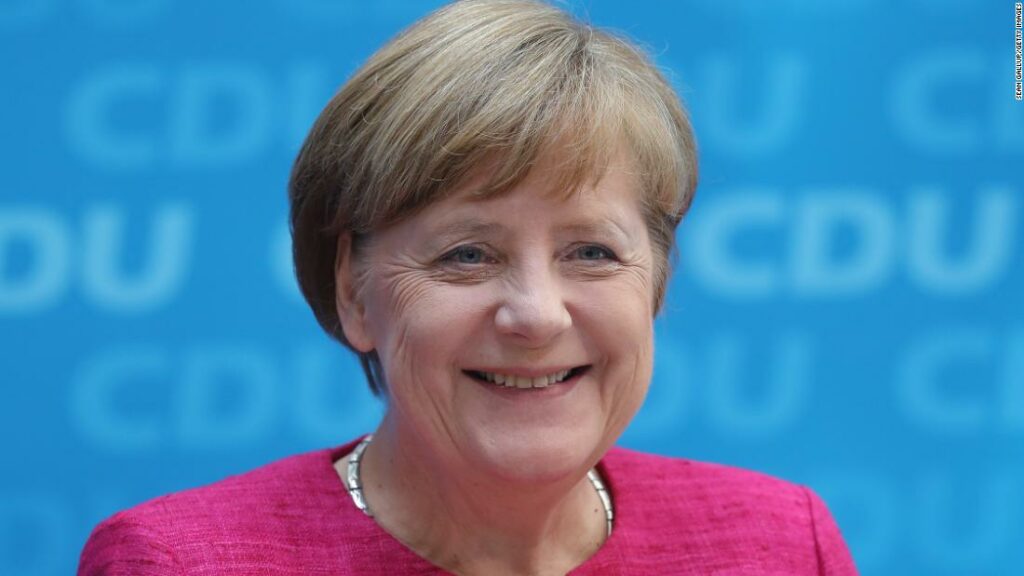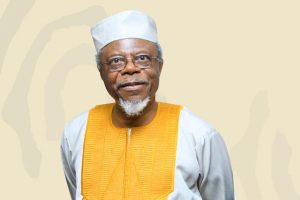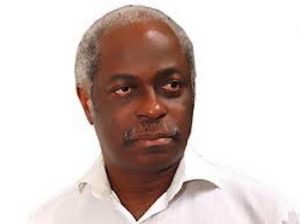Analysis: Angela Merkel saw Germans through crisis after crisis. Now they wonder who’ll fill the void

It’s difficult to imagine today, as Germany’s widely respected Chancellor But what did they know? Merkel went on to secure four terms in office, making her one of the longest-serving chancellors in German history — only Kohl, the mentor she eventually turned her back on, has served longer in the modern era. Two decades on, she has cemented her position as an elder stateswoman, having led her nation — indeed some would argue Europe as a whole — through a series of potentially devastating crises.Named the most powerful woman in the world several times over, Merkel also played a crucial role on the international stage, helping to manage the global financial crisis, the refugee crisis, and the war in Ukraine. As Germany prepares to go to the polls this weekend to elect a new government, and by extension her successor, it is not clear whether any of those lining up to replace her — Armin Laschet of Merkel’s own CDU, the center-left Socialist Party (SPD)’s Olaf Scholz, or the Greens’ Annalena Baerbock — will be able to fill her shoes. Bollmann says the world will sorely miss Merkel’s steady leadership: “I think there is one common thing in Germany and abroad: She is seen as a guarantor of stability. In future times many people will look back at this time as a time — perhaps the last time — of stability.” Under her leadership, Germany quickly introduced a strict lockdown, reinstated the “Kurzarbeit” program to protect the economy, and helped launch the search for a vaccine. Merkel’s handling of the pandemic saw her popularity spike, as Germans once again learned to appreciate the dogged resolve of their often-underestimated leader. Some are left doubting whether those lining up to take her place as chancellor will match up to their predecessor.”The question is: Who’s going to replace (Merkel), and will that person have the same charisma and ability that she did?” Ben Schreer, from the International Institute for Strategic Studies’ (IISS) wondered in an interview with CNN earlier this week. “Allies are skeptical, and Germans as well are quite cautious in that regard.”Laschet, Scholz and Baerbock can perhaps take some comfort from the fact that pundits and politicians alike once doubted Merkel’s abilities too.As the politician who arrived on the scene as an inexperienced “Maedchen” prepares to leave the world stage, Germany’s voters are left wondering who will fill the void left by the woman they came to know affectionately as “Mutti”: the mother of the nation.







